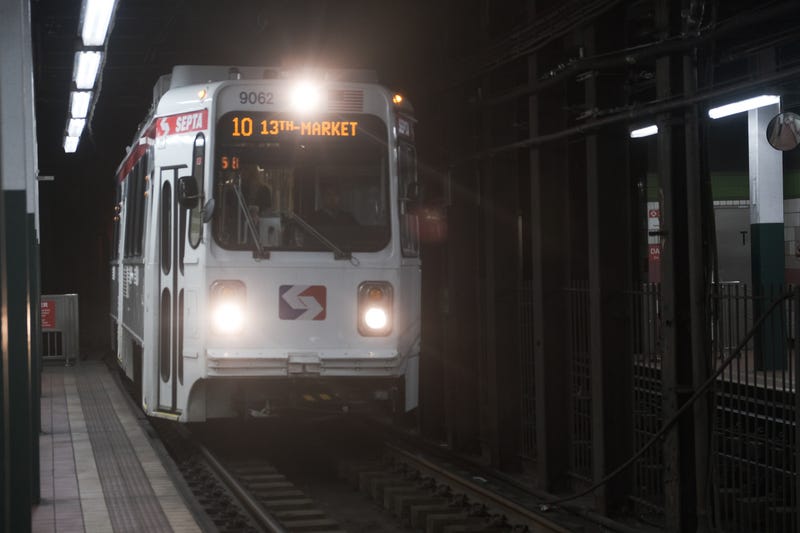
PHILADELPHIA (KYW Newsradio) — SEPTA buses, trolleys and trains will keep on rolling into the new year, with fears of a strike abated now that the transit agency has reached tentative contract agreements with the unions representing its city and suburban workers.
Negotiators late Tuesday night reached an agreement between SEPTA and Transport Workers Union Local 234, SEPTA’s largest union, representing about 5,000 bus, subway and trolley operators, mechanics, cashiers, maintenance people and custodians. The union’s executive board approved the deal shortly before 11 a.m. Wednesday.
The one-year agreement gives members a 5% raise and an unspecified pension adjustment. The contract also has language aimed at improving the personal safety of frontline workers, including installing bulletproof enclosures for drivers, many of whom face violence and harassment. TWU Local 234 President Brian Pollitt said a ratification vote would be held Dec. 6.
Local 234’s contract expired at midnight on Nov. 7, and it had been negotiating without one since. Union members voted to authorize a strike, but union leaders agreed to delay a strike as long as they felt progress was being made at the bargaining table.
Meanwhile, the contract for suburban SEPTA drivers with the union SMART Local 1594, which represents about 350 SEPTA workers in several suburban counties, expired on Monday.
Then, late Wednesday afternoon, Local 1594 officials also announced a tentative agreement with SEPTA that they said includes a wage increase and “critical safety improvements.”
Throughout negotiations, both unions had discussed teaming up for a triple strike with the city’s blue-collar workers union, AFSCME District Council 33, which has been working without a new contract since June. DC 33 members voted overwhelmingly last week to authorize a strike, if necessary.
Discussing the agreement on Wednesday, Pollitt said he believes that extra leverage helped: “If I’m being honest — yeah, if I was SEPTA, I would have been worried about that as well.”
But SEPTA's interim general manager, Scott Sauer, downplayed the idea: “The unification of the three — I wouldn’t say that played a big role, because two of them are ours.”
Pollitt said avoiding a strike was a priority, because public transit is necessary for so many residents, including students who take SEPTA trains and buses to school and workers who rely on the agency to get to their jobs.
"We got a fair deal, and now we need to focus on making sure SEPTA stays strong for everyone who depends on it," Pollitt said.
Sauer said both sides worked hard to reach a deal.
“This agreement is fair to our hardworking frontline employees and responsible to the customers and taxpayers,” he said.
In addition to contract negotiations, SEPTA is trying to deal with a $153 million budget deficit, owing in large part to the Republican-controlled state Senate declining to vote on Democratic Gov. Josh Shapiro’s proposal for $283 million in new state aid to public transit. Lawmakers instead approved a one-time payment to the state trust fund for transit systems, of which SEPTA got $46 million.
The transit agency has already announced a plan to drastically hike fares and slash service. And without stable state transit funding, Sauer said, SEPTA will reduce internal costs to help pay for the new contract. But he says piecing together budgets year after year isn’t sustainable.
“This is not a healthy way for us to do business. We have to be able to come to long-term agreements with our unions.”
